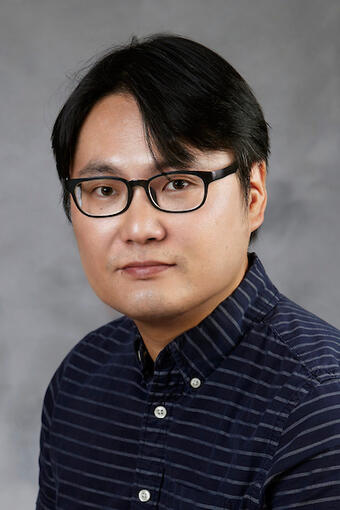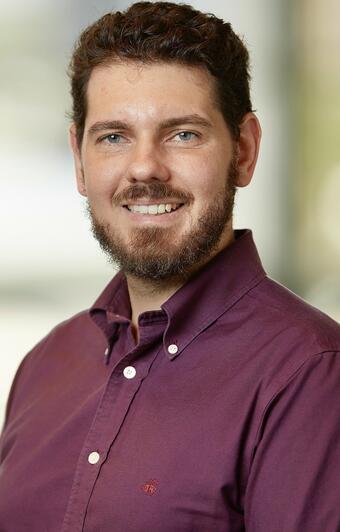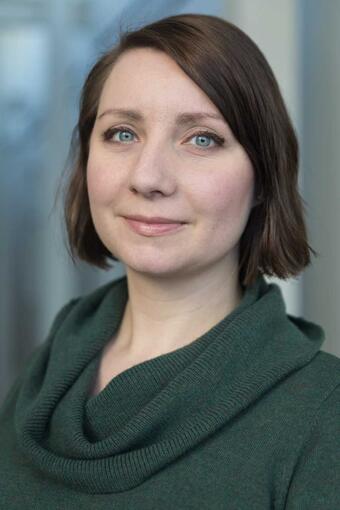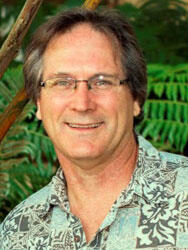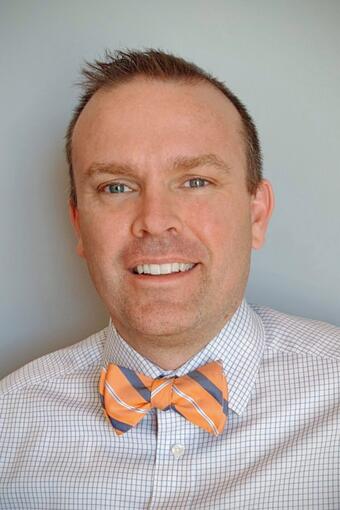Mingon Kang
Mingon Kang is an assistant professor in UNLV's Department of Computer Science. His research interests include machine learning, big data analytics, data science, and bioinformatics.
Specifically, Kang has been focusing on developing novel computational methodologies for integrative, interpretable, and evidential deep learning. His work has explored topics including genomic/multi-omics data analysis, protein sequence analysis, survival analysis, pathological image analysis, and electronic record data analysis.
Kang has published more than 75 research papers in prestigious journals and conferences, including Briefings in Bioinformatics, Bioinformatics, BMC Bioinformatics, Nature Methods, PNAS, and IEEE/ACM Transactions on Computational Biology and Bioinformatics. His research has been supported by funding from agencies such as the National Institutes of Health, National Science Foundation, Centers for Medicare & Medicaid Services, NASA, Health Resources and Services Administration, and Institute for Information & Communication Technology Promotion. Additionally, he has collaborated with medical research centers such as Memorial Sloan Kettering Cancer Center and Cincinnati Children’s Hospital.
